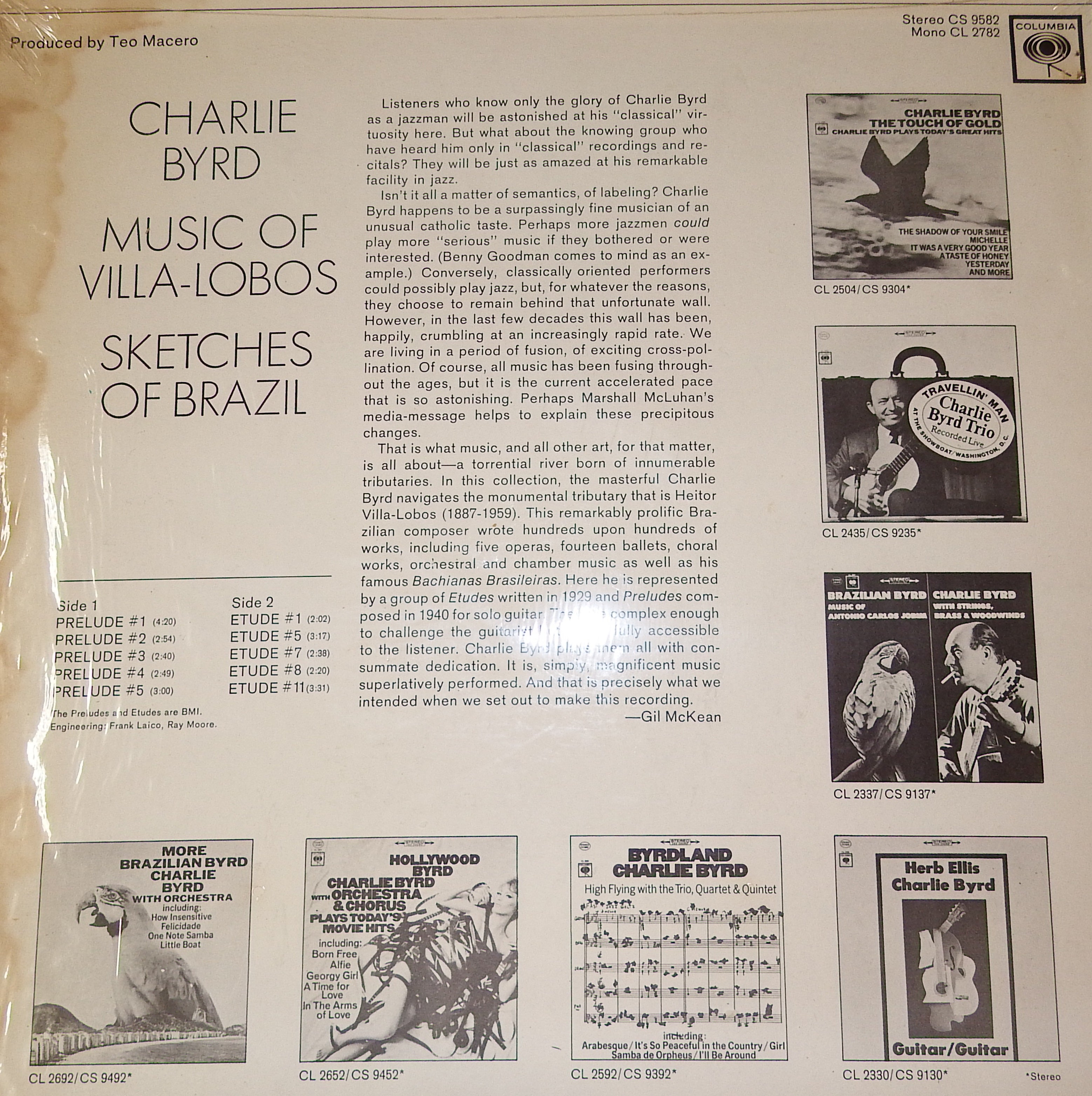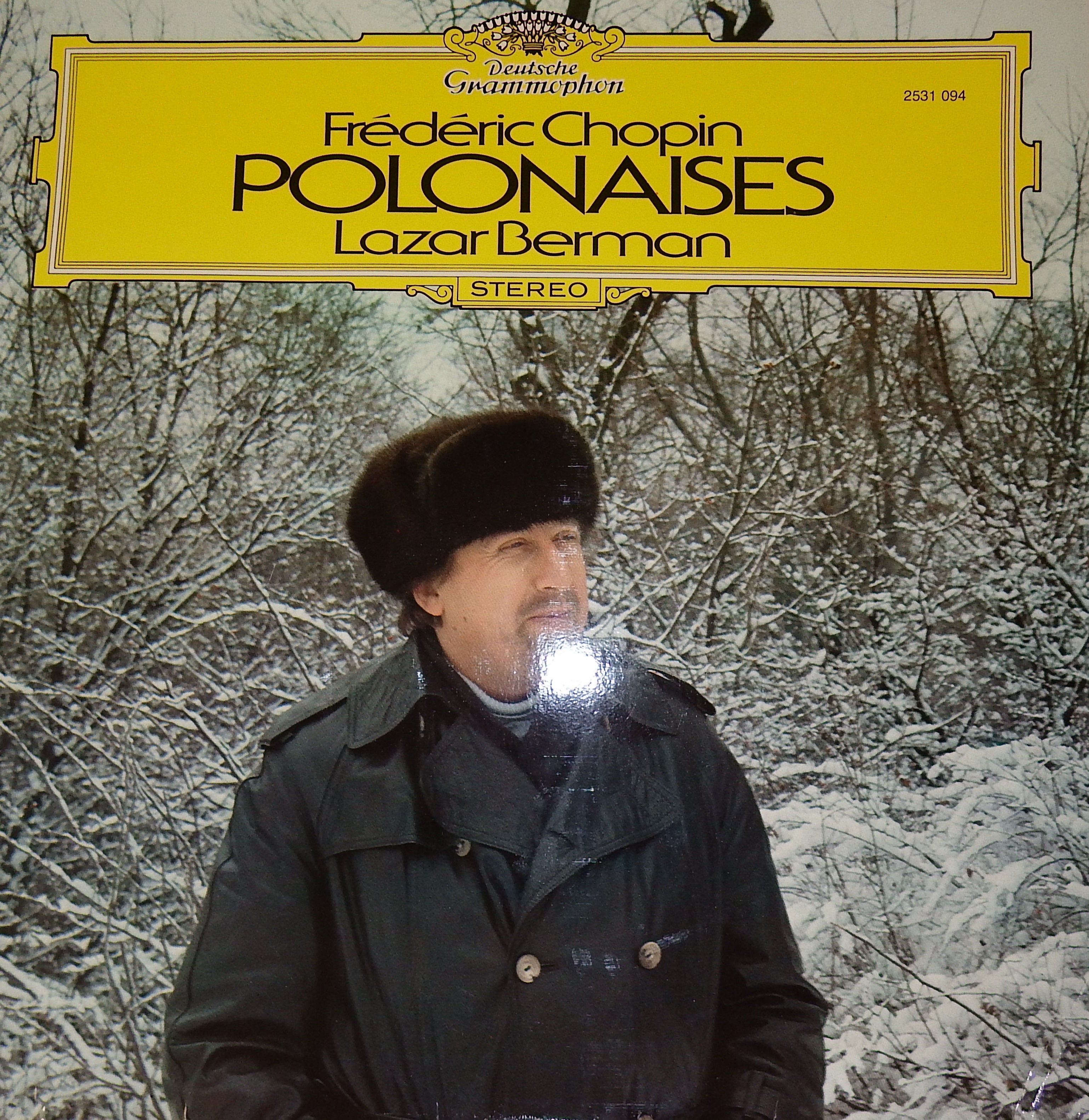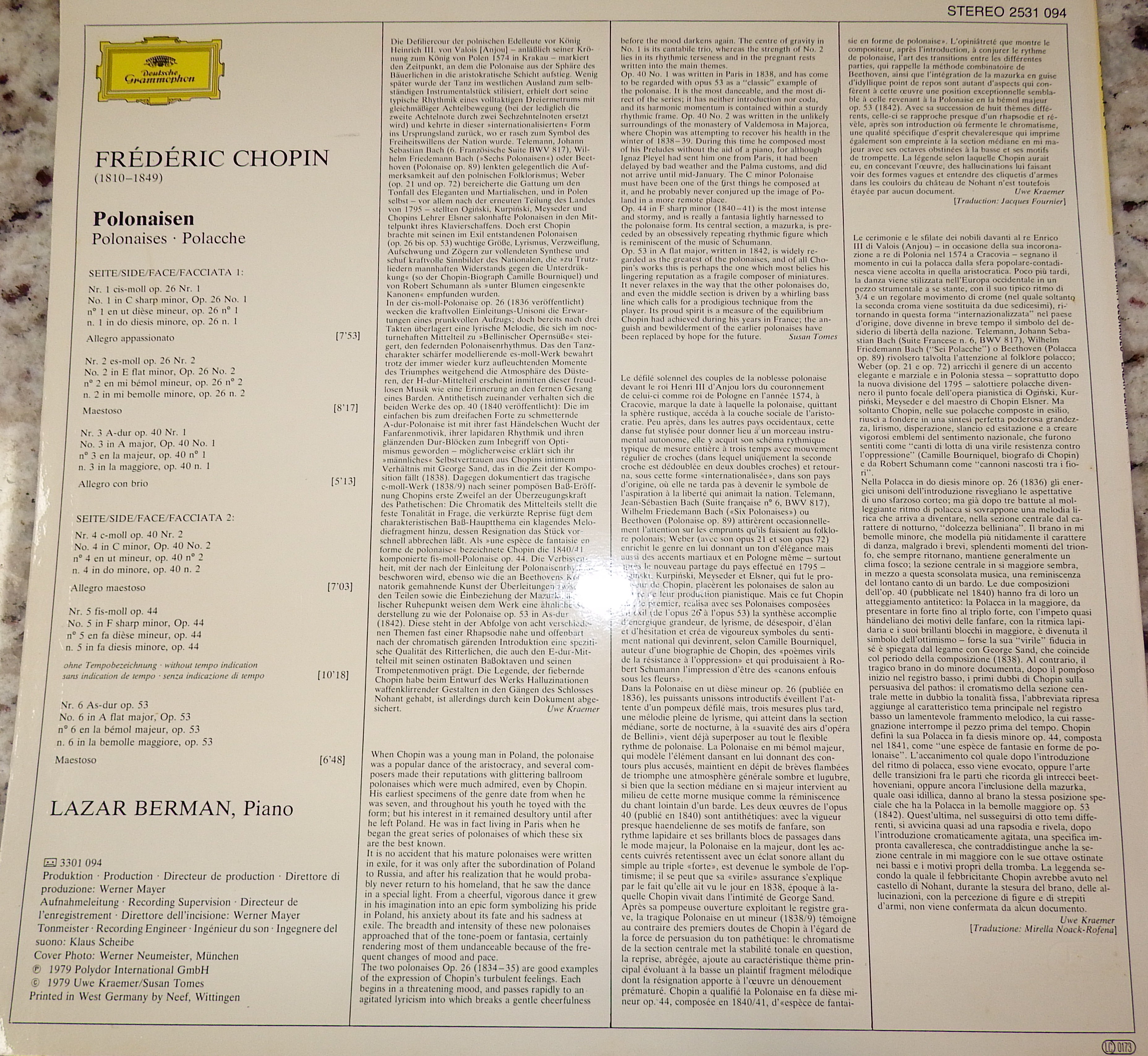
Classical Music Appreciation Day: Villa-Lobos and Chopin
Subscribe to our Newsletter for more artworks and coupons
I was starting to get bored of modern music. It was then when I remembered that I have a huge vinyl record collection. The FIU library was giving them away for free.
Since I used to work in the library, I was allowed to take as many as I wanted, so I took the entire cart. It was quite the trip to lug so many records halfway across the school.
It was a right place at the right time scenario. Anyhow, today I listed to two vinyl records, both sides of them.
Each vinyl record can only fit about an hour of music. Though, I think the Chopin record had better compression. You can just see the compression by the groves and thinness of the record.

Sketches of Brazil
The first record I listened to was Sketches of Brazil featuring the music of Villa-Lobos, played by Charlie Byrd.
Byrd was a famous jazz musician, but he also dabbled in classical music. In this record, Byrd does a loving tribute to Villa-Lobos’s music.
Side one of the record features Prelude 1-5. The preludes have a jolly, upbeat vibe. I personally prefer the second Prelude more than the first.

The other preludes were an overall, meh, experience. I frankly prefer side two of the record. Etude 1 has a strong opening.
The guitar invokes the rhythm of falling raindrops. Etude 5 is my personal favorite of the entire record.
It is the perfect music to go along with a desolate scene. Imagine yourself walking through a post-apocalyptic landscape. Etude 5 would be the perfect music to play in the background.

Frederic Chopin Polonaises played by Lazar Berman
The next vinyl record I listened to was Chopin’s Polonaises. This record gets played on a regular basis in my home.
Whenever mother wants to take a nap, she asks me to play the Polonaises. When Chopin was young in Poland, Polonaises were fashionable among the aristocracy.
A polonaise is a type of ballroom dance music. Chopin composed this music while living in exile in Paris. When he realized that he was never going to be able to return home, he wrote these Polonaises as a coping mechanism.

The piano songs display both joy and sadness. The first composition begins strong. It carries that nervous energy for the entire record.
Side one, has a morning feel to it, while side two feels like nighttime music. The best Polonaise in the entire record is the Nr. 5 in F sharp minor op.44. All in all, it was an enjoyable listening experience.
I think I ranted enough about piano and guitar music for one day. This is Teresita Blanco, the Artsy Sister. Bye, bye and God bless.






















